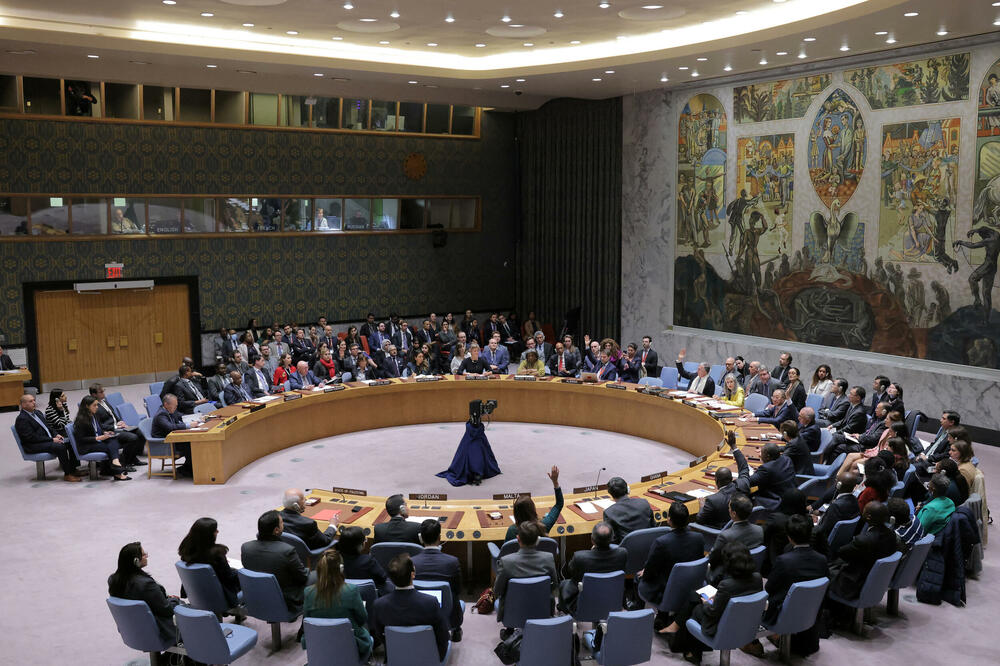The United Nations Security Council (UNSC) will not discuss the NATO bombing of Yugoslavia this evening, since not enough members of that body voted for the proposed agenda.
At the so-called procedural vote, the possibility of which was announced today by the head of Serbian diplomacy, Ivica Dačić, three members of the Security Council voted for the agenda, while the other 12 abstained. Nine votes were needed for adoption.
The beginning of the session, scheduled at the request of Russia on the occasion of the 25th anniversary of the beginning of the NATO bombing of Yugoslavia, was marked by a discussion between the ambassadors of Russia and France, Vasilij Nebenzja and Nicolas de Riviere, who expressed opposing views on the need to discuss the military operation from 1999.
Before the vote, de Riviere said several times that Russia initiated the initiative to hold the session without consulting Serbia and that several members of the UN Security Council "expressed strong reservations" about the possibility of discussing the NATO bombing of Yugoslavia in previous weeks.
"Russia proposed this without consultation with Serbia, which was put in front of a fait accompli. We told the representatives of Serbia that this kind of session will not be held and that they should not travel to New York," said De Riviere.
He stated that the UN Security Council has no obligation to respect the agenda on which the body's collective agreement has not been reached and which was "unilaterally proposed by one member" and that France "has no other choice but to oppose the proposal".
De Riviere said that the 1999 bombing does not concern the issue of international security and called on Russia to hold the discussion on that topic in the informal format of Security Council meetings, which does not involve the participation of all members of that body.
Nebenzja said that "NATO's aggression against Yugoslavia was launched under a false pretext", that "it is not related to history, but also to things that are still happening in Kosovo today" and that it therefore concerns the issue of international security.
He strongly criticized the opposition of the members of the UN Security Council to the discussion on the bombing, claiming that the chairman Japan had accepted the agenda with the subject.
The same position as France was expressed by the deputy US ambassador to the UN, Robert Wood, who said that the US did not vote for the adoption of the agenda because of the way in which Russia initiated the session.
Deputy Ambassador of Japan to the UN, Mitsuko Shino, currently chairing the Security Council, said that a decision will be made later on the Russian proposal to hold a discussion on the bombing later today.
The head of Serbian diplomacy, Ivica Dacic, said earlier today in New York that there are announcements that some Western countries will ask for a procedural vote before adopting the agenda and thus prevent the discussion about the bombing.
The holding of the UN Security Council session, dedicated to the 25th anniversary of the start of the NATO bombing of Yugoslavia, was requested by Russia at the beginning of March, and Japan, as chairman of that body, supported the initiative and scheduled a session on the topic of "threats to international peace and security".
Bonus video:




